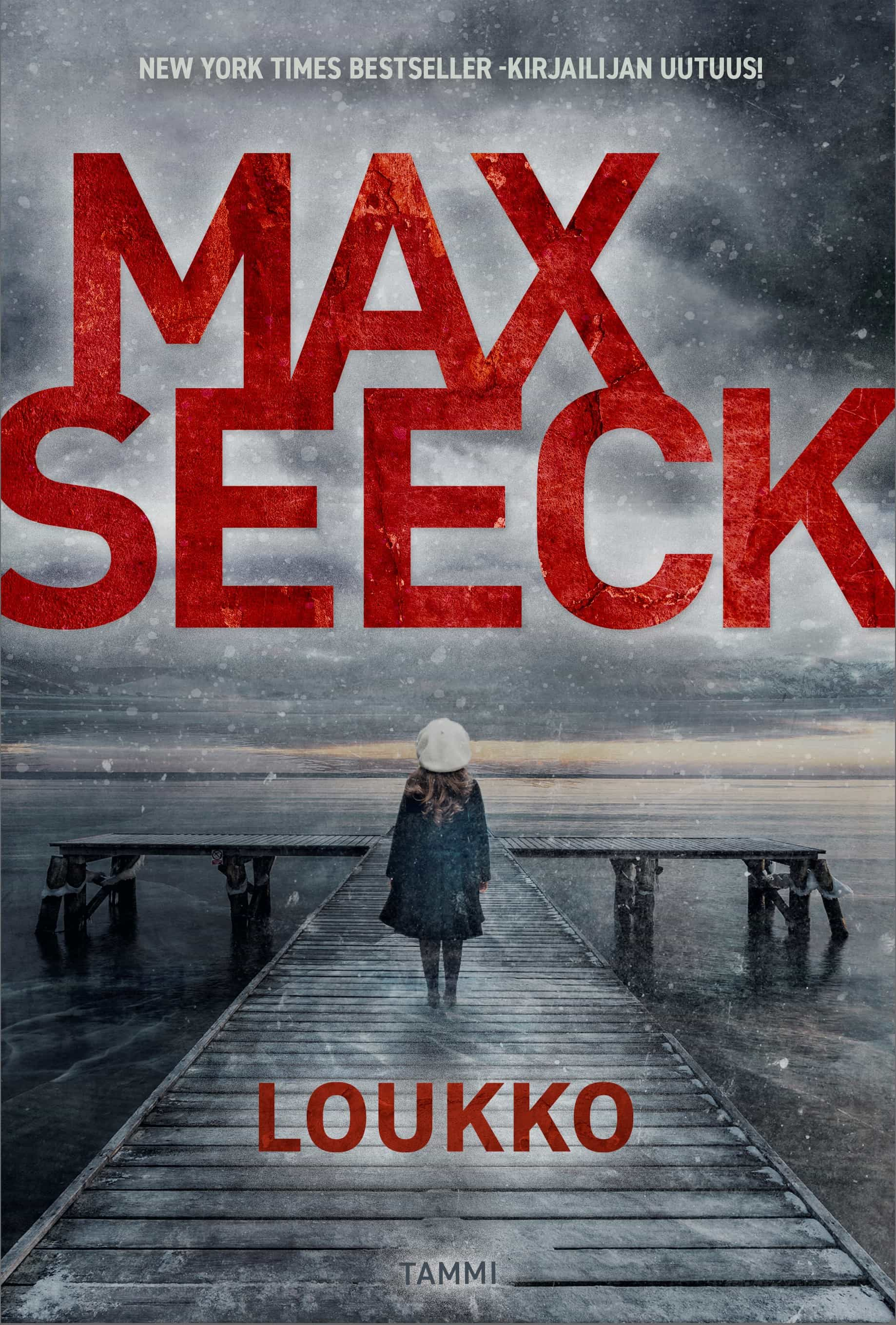It’s 2050, and the choices made in 2019 still echo in the changed world. Can one still learn how to understand, to atone, to forgive?
A melancholy, feverish novel about male ego and the end of the world, about people’s ability to love one another and their inability to keep hold of the happiness they have achieved.
Vilho’s father Ilmari, a forty-something theater director, is balancing successfully between the push-and-pull of career and family life, according to him. However, the tranquil peace of the wooden house is upset when Vilho’s widowed grandfather temporarily moves in with the four-member family. The tension between fathers and sons is palpable, and this sets off a chain of events that prove to be fateful for the entire family.
Thirty years later, in a wholly changed world, Vilho looks back at the lives lived in the early 2000s, the choices made back then, and the events of that fateful summer in an effort to understand his father. How do we become the people we are now? Who were the people who lived then? And did they have any clue how privileged their lives were?

 Loukko by
Loukko by 